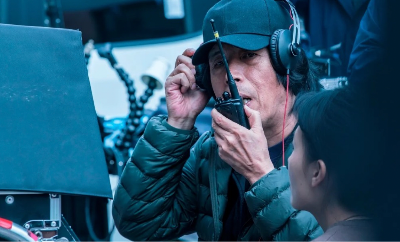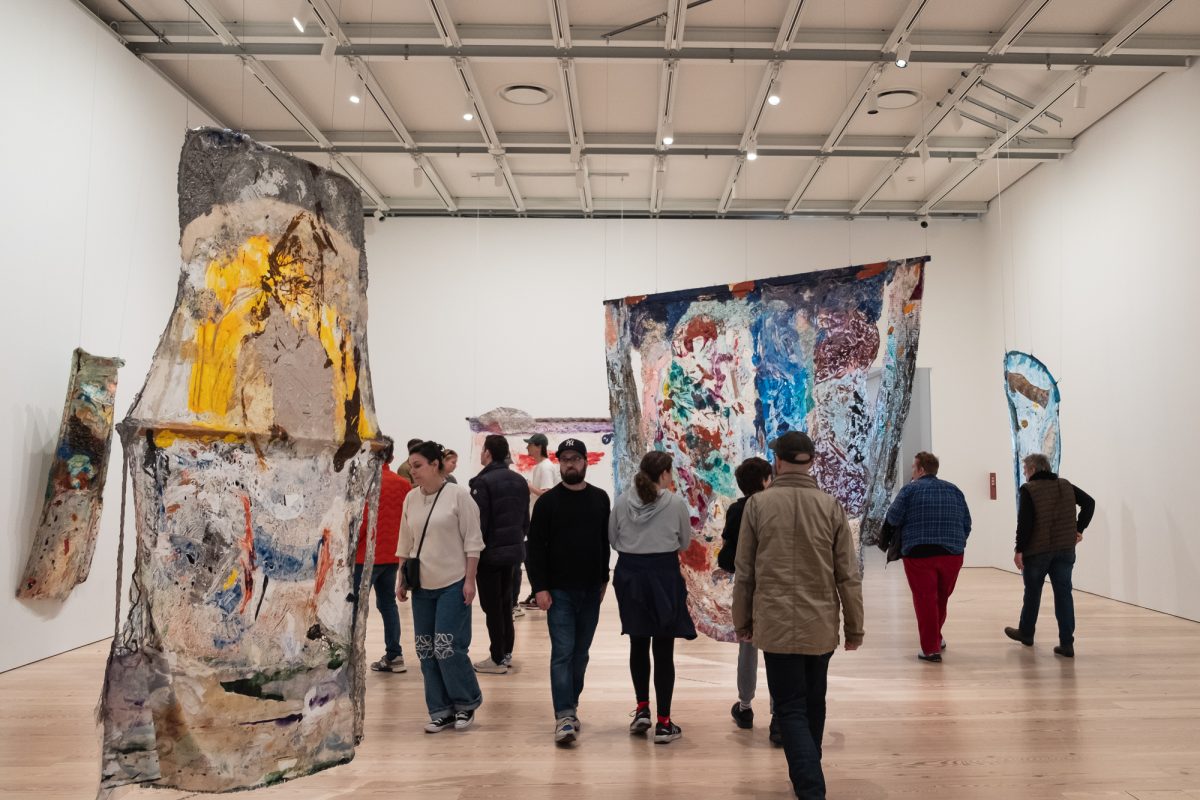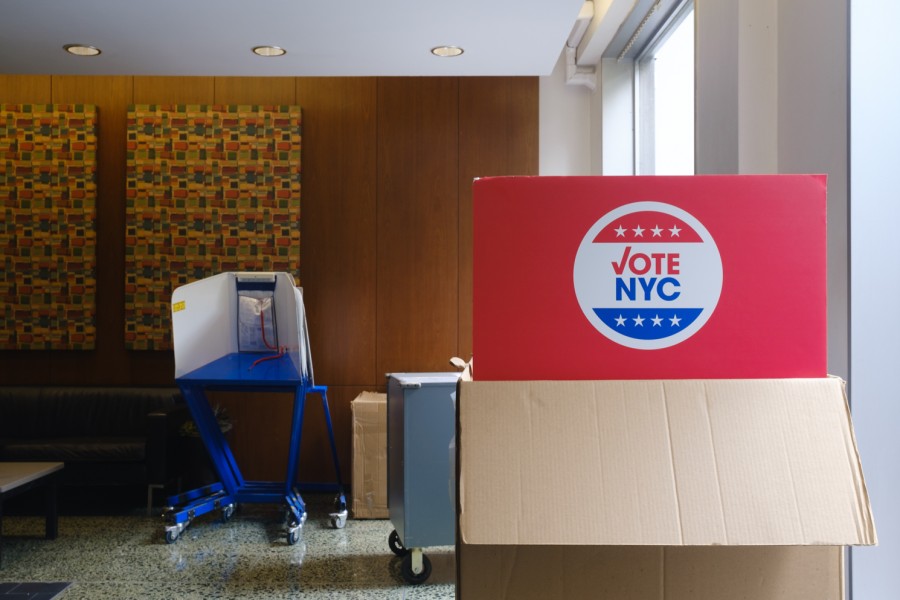Industry has sexist standards

via Wikimedia
November 6, 2014
A look at the Billboard Hot 100 Chart makes it evident that music fans are currently very receptive to female artists. Yet, feminism has not quite caught on in the music industry. There are blatant inequalities in the industry that are simply ignored or accepted by the public.
The enormous double standard that exists between male and female artists is inhibiting the music industry from fully accepting feminism. Many female artists face criticism for choosing to be more sexually expressive in their work, while male artists do not receive any backlash for doing the same thing. In fact, males are often praised for being sexual.
A recent example is the wave of strong disapproval that up-and-coming girl group Fifth Harmony received for wearing shorts and midriff-revealing tops in the music video for its hit song “BO$$.” Meanwhile, the members of boy band 5 Seconds of Summer were applauded for accepting their Teen Choice Award with only towels wrapped around their waists. The music industry strongly opposes women taking control of their sexuality.
The music industry also allows sexist creative content to be successful, despite the message it sends. Perhaps the most notable example is the success of Robin Thicke’s “Blurred Lines.” The song advocates rape culture — “I hate these blurred lines/I know you want it” — and the music video was mostly shots of objectified, topless women. Yet Thicke’s single was still ridiculously successful and is one of the best-selling singles of all time.
Even though the music industry’s very apparent sexism works against feminism, its music can also promote it. Beyoncé is proof of this. From her song “Flawless” to her mind-blowing 2014 VMA performance, Beyoncé has proudly identified as a feminist. Because of her explicit support for feminism, other artists, including Taylor Swift and Miley Cyrus, have announced their support, and many fans have started to consider themselves feminists.
Through her influence as a musician, Beyoncé changed the way feminism is thought of in society. But Beyoncé is just one person. If more musicians join together as feminists, they can help progress the movement. The music industry still has much evolving to do, but in the future, it could be the perfect platform for the promotion of female empowerment.
A version of this article appeared in the Fall 2014 Arts Issue. Email Janelle Pitts at [email protected].












































































































































The "Silver Conductor" • Nov 6, 2014 at 8:44 am
The “Silver Conductor” here. Sadly there has been Sexist going ons since the beginning of the music industry, it was just more under the radar and hidden so to speak. Today women and I LOVE it are saying HELL NO! we won’t tolerate this “BS” any more. MusicLuv to ALL the Ladies!
The SC.
http://www.thesilverconductor.com